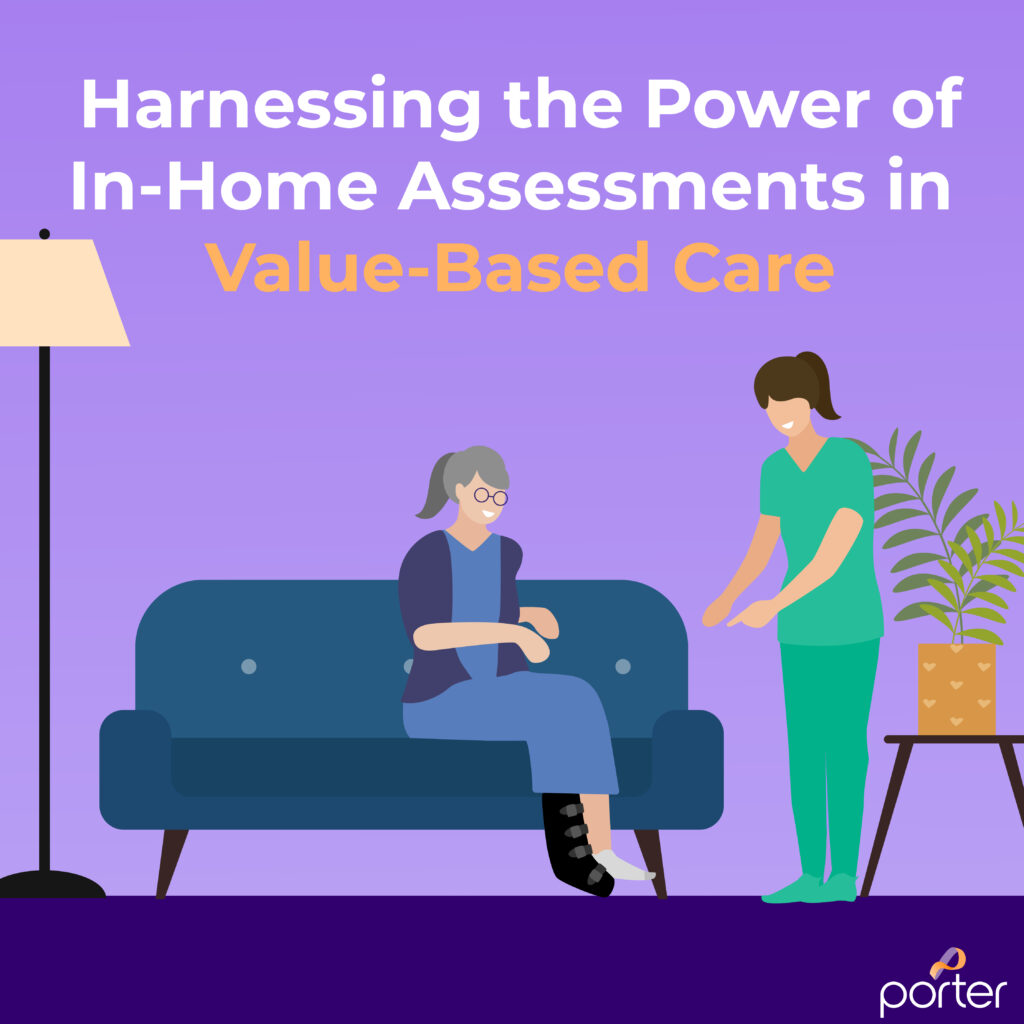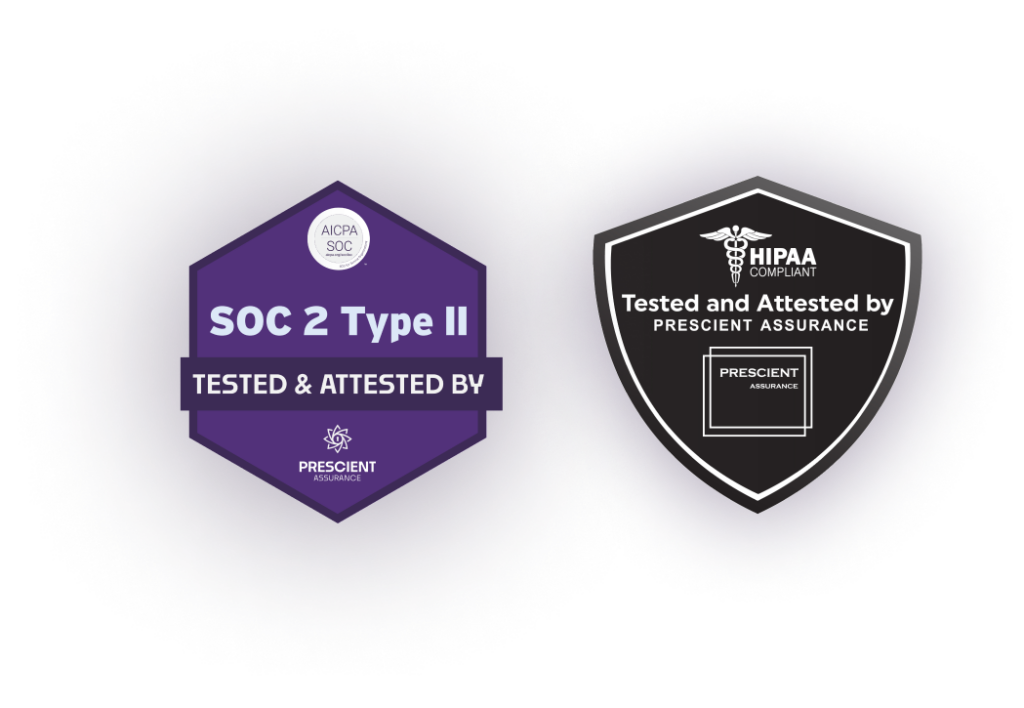Value-based care has emerged as a transformative approach, aiming to improve member outcomes and reduce healthcare costs. A crucial element of having a successful value-based care model is a truly comprehensive in-home assessment that brings the arms of a clinical team into the home of each member. By incorporating a clinical approach to in-home assessments, your plan can better understand your members’ needs and effectively accomplish the following:
1. Gain a Holistic View of Members’ Health:
In-home assessments provide a comprehensive understanding of a member’s health beyond what can be observed in a clinical setting. Healthcare professionals gain insight into members’ living conditions, social dynamics, and daily routines, allowing for a more holistic assessment of their overall well-being. This deeper understanding helps uncover health risks, address social determinants of health, and develop personalized care plans that align with members’ unique needs.
2. Identify and Intervene, Early and Often:
Early identification of health issues and potential risks is made possible through in-home assessments. By regularly monitoring members’ health in their own environment, your plan can detect subtle changes, symptoms, or worsening conditions at an early stage. Prompt intervention not only prevents the progression of diseases but also reduces the likelihood of hospitalizations, readmissions, and associated costs.
3. Promote Better Member Engagement and Empowerment:
By bringing clinical arms into their homes, members feel more comfortable and engaged, leading to open communication and shared decision-making. Members become active participants in managing their health, leading to improved adherence to treatment plans, lifestyle modifications, and self-management practices. This collaborative approach fosters a strong relationship, builds trust, and ultimately enhances outcomes and satisfaction.
4. Address Social Determinants of Health during In-Home Assessments:
Social and environmental factors that significantly impact members’ health outcomes can be uncovered during an in-home assessment. Your plan can identify barriers to care, such as inadequate housing, lack of transportation, or limited access to nutritious food. By addressing these social determinants of health, your plan can work collaboratively with members and community resources to overcome these challenges, ultimately improving health outcomes.
5. Enhance Care Coordination and Continuity:
Better coordination of care can be fostered through in-home assessments. With a firsthand understanding of the members’ home environment, healthcare professionals can collaborate more effectively and develop comprehensive care plans. Information gathered during in-home assessments can be shared with other members of the care team, leading to improved coordination, reduced duplicative services, and better transitions of care.
6. Boost Star Ratings and Quality Metrics
By proactively monitoring members’ health in their own environment, your plan can detect early signs of illness or worsening conditions, enabling timely intervention and reducing avoidable hospitalizations and readmissions. This proactive and personalized approach to care management showcases your plan’s commitment to quality and member satisfaction, leading to improved Star ratings and quality metrics. In-home assessments also foster better member engagement and empowerment, as members feel more comfortable and involved in their healthcare decisions. Ultimately, these assessments contribute to higher Star ratings and HEDIS® scores by promoting better health outcomes, enhanced member experience, and effective care management.
7. Improve Risk Adjustment
Capturing a comprehensive snapshot of a patient’s health status, including underlying conditions, functional limitations, and comorbidities, is pivotal for informed care delivery. This granular information enables risk adjustment models to accurately reflect the complexity and severity of patients’ conditions, ensuring fair reimbursement. By incorporating data obtained through in-home assessments, healthcare organizations can mitigate the risk of underpayment or overpayment and promote financial stability while providing high-quality care.
By embracing comprehensive in-home assessments, payers can shift towards a member-centered approach that addresses individual needs, preferences, and social determinants of health. Porter understands your health plan needs in a value-based care environment and offers a comprehensive in-home assessment with wrap-around care coordination for at least 30 days after any of our home visits.
Schedule a demo today and discover the power of personalized in-home assessments combined with expert care coordination.



